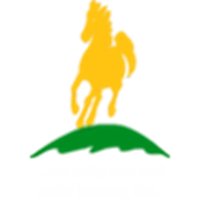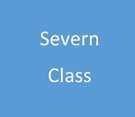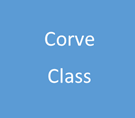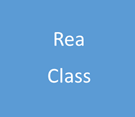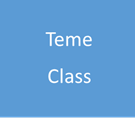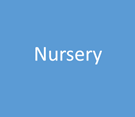Curriculum
Our school has developed a curriculum that is ambitious and designed to give all pupils the knowledge, skills and cultural capital they need to succeed in life.
Our school has a 2-year rolling programme in each of the phases (EYFS; KS1; Lower KS2 and Upper KS2) which follows the national curriculum and adapts to changing needs. Please see class curriculum maps for subject overviews per term or the subject progression documents for how knowledge is carefully planned and built upon from EYFS to Y6.
Through our curriculum we intend to:
- Provide a broad curriculum that provides pupils with a foundation of knowledge and skills so they are ready for their next steps and can succeed. We aim to prepare our children for an ever changing world and broaden their horizons.
- Aim for children to know more, remember more and do more. We underpin our teaching and learning with an understanding of how children’s schemata grow; where children build and connect their knowledge because of the carefully planned out progression. Our curriculum maps are evaluated to reflect research including Ofsted’s most recent subject reports and reviews.
- Raise standards with rigorous (knowledge rich, progressive and well-sequenced) subject teaching that builds on prior learning. This includes every child is able to read at an age-appropriate level and has an enjoyment of reading and language to carry them through their education and beyond.
- Help children develop their sense of self and provide routes for spiritual, moral, social and cultural awareness to help promote their well-being.
- Enable children to understand and embrace their place in a multicultural, diverse world.
- Actively promote our positive values and the British values so that we have respect and love for ourselves, our communities and our environment.
- Create equity of opportunity with high ambition and expectations for all children.
Through the implementation of our curriculum we aim to:
- Deliver our sequenced and well-structured curriculum in carefully considered manageable chunks with clear, progressive core knowledge and skills.
- Ensure pupils can make links in knowledge (we know knowledge cannot sit in isolation).
- Give pupils regular opportunities to recall knowledge and practice skills (to strengthen memory, fluency and automaticity). We use a variety of retrieval techniques to support pupils and check what has been learnt. We know that learning is an alternation in the long-term memory and the importance of supporting this in a variety of ways.
- Teachers check pupils understanding systematically, identify misconceptions and provide clear feedback and support.
- Challenge all children to achieve their age-appropriate milestones. Where necessary teaching will be adapted (for example: with tailored or targeted support; additional practice; breaking information into smaller parts; well-chosen resources or scaffolds) to ensure the achievement of all.
- Inspire and excite pupils so they develop an active love of learning which empowers their self-agency (sense of control in your life). Units of work are carefully resourced and will include enriching experiences to help bring learning to life.
We check our curriculum is having impact through:
- Continual evaluation by teachers and subject leaders (informal and more formal: lesson monitoring; discussions with pupils; book looks; tracking against core knowledge and skills). A key indicator is always whether children can explain it in their own words.
- Continual assessment for learning: this is the ongoing checking of children’s understanding to inform teaching.
- Formally considering the assessment data of subjects (for example core subjects termly)
- Engaging in external consultancy. Our Trust invites educational experts to work with us and objectively consider the impact of our work. Our Governors also conduct link visits to evaluate and review developments and impact.
Please click here for how we intend to include all pupils in our curriculum offer. For further information on SEND please see here.
Please click below for termly curriculum maps (including links to further information on Maths, English and Science)
